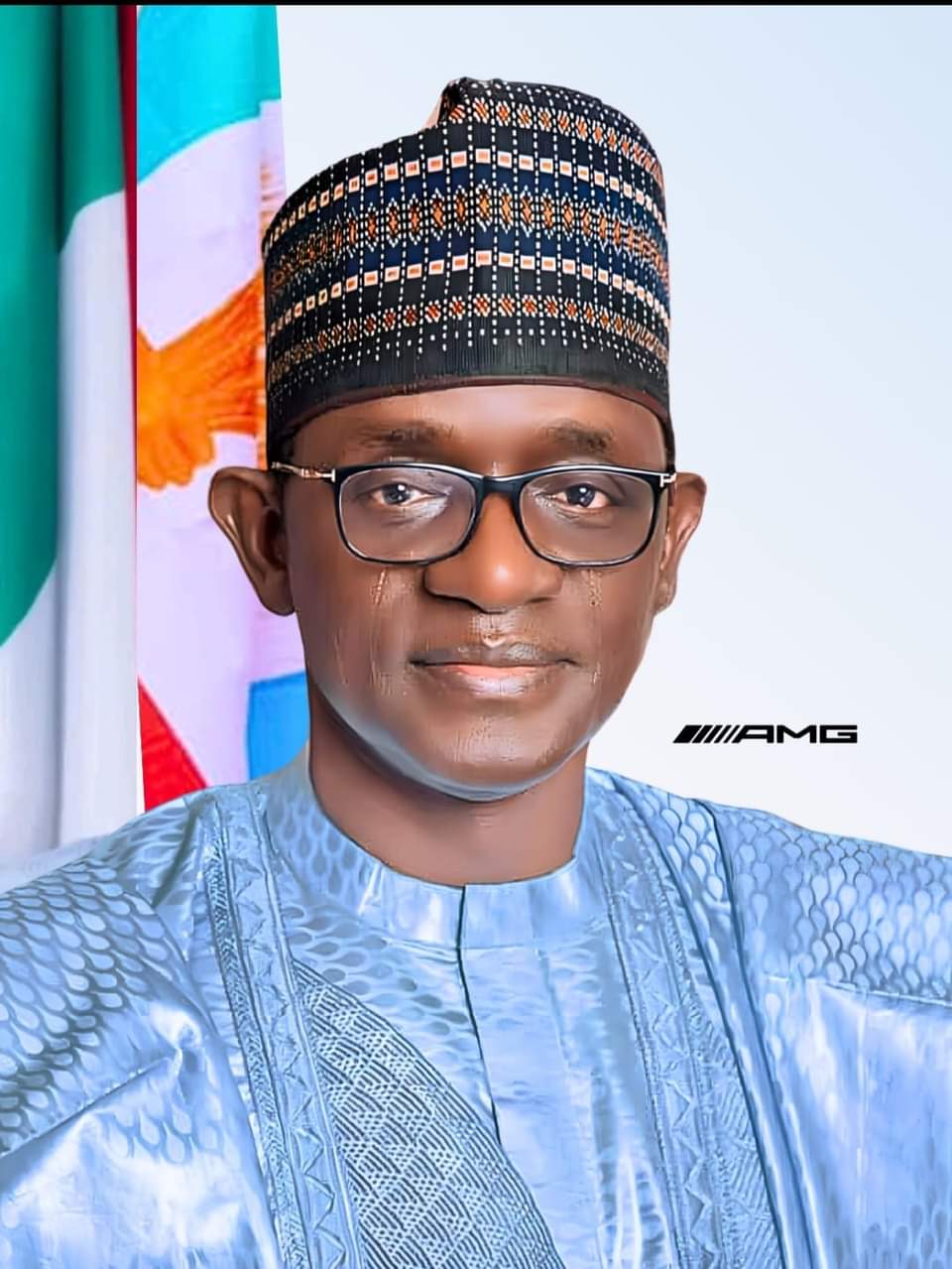Since the removal of fuel subsidy by President Bola Tinubu, revenue accruals to the federal and subnational governments have risen. The federal, state and local governments now have more income, which is expected should go into delivering more dividends of democracy to the people. Unfortunately, not many governors have used this improved income to impact the lives of their people, drawing criticisms from analysts who continue to call on Nigerians in various states to hold their governors to account.
However, you will not hear such calls from Yobe state, because its governor, Mai Mala Buni, has not only made the improved income count, but has also ensured that whatever extra accrues to the state went into practically alleviating the hardship of the people. With focus on vulnerable and underserved groups, Governor Buni is advancing the narrative that governance must be seen to be positively touching the lives of the people.
Among the governor’s welfarist decisions include a recent approval for the payment of N699,450,000 as palliative for civil servants and pensioners of the state on monthly basis amounting to N4.1 billion. This will cater for the N10,000 and 5,000 wage increments for civil servants and pensioners, respectively. This huge income boost for workers in the state facing unprecedented hardship is exemplary because, besides the federal government, only Yobe approved such wage award in the entire Northern Nigeria.
The governor also recently took advantage of the increased income to review monthly gratuity from N100 million to N200 million all in a bid to ensure that many more who have served the state diligently and retired are paid their dues. In the same vein, N708 million was recently released to offset the gratuity of local government retirees.
Away from workers and retirees, Governor Buni is among the few governors who have visited their people with grains and other palliatives in the wake of the food crisis in the country. Over 165,000 people have benefited from the governor’s palliatives in grains and other food items.
Improved allocation has also gone into accelerating post insurgency recovery as several sectors including health and education continue to receive attention and funding. With the formation of seven mega and seven model schools to create centres of excellence and reduce the over-population in public schools already in place, other areas like investment in teacher training and other areas of education is taking centre stage.
The Yobe scholarship scheme, one of the most active in Nigeria, for instance, will be receiving a big boost with increased income. This is very easy to see, considering Governor Buni has gone to great lengths to sustain the scheme. Recently, over N90 million was expended to sponsor 221 Yobe indigenes to law school. By his admission, the governor believes scholarship grants should upscale educational pursuit among indigenes. To whom much is given, much is expected, therefore, with a government this dedicated to encouraging education, the least expected is for indigenes to vigorously pursue education that provides solutions to the problems of the state.
Another area that will surely benefit from improved funding is healthcare delivery. Already, a lot has been achieved to the applause of both experts and UNDP. 40 primary healthcare centres have been completed, equipped, commissioned, and put to use for the benefit of the people. Each of the new PHCs has fully equipped laboratory, labour room, pharmacy, male and female wards for admission of patients, and staff quarters for the accommodation of medical personnel posted to these facilities to ensure 24/7 services in the communities.
For the border communities of Bulatura and Gumsi in Yusufari local government area, Dole Machina and Taganama in Machina local government area and Ma’anna, in Geidam local government area, it is a new dawn. The construction of these functional PHCs has saved them the trouble of crossing over into Niger Republic to access healthcare services. For these people, therefore, it was a long-awaited succour.
The poster project of Buni’s investment in health is the ambitious construction of the 375-bed capacity Maternity and Childcare health complex which is unarguably Nigeria’s largest maternity and childcare clinic. The structure is made up of seven blocks of one-storey complex with patient-friendly spaces in accordance with the global best practice in modern maternal, Newborn and paediatric health care as obtained in advanced countries. The architectural masterpiece would satisfactorily take care of expectant/nursing mothers, their newborn babies as well as children in general.
No wonder, the UNDP country director, Swiss ambassador to Nigeria as well as several others have been pouring encomiums on the governor for his focus on education, healthcare, food security and many other critical areas of governance. Yobe state is enjoying perhaps its best leadership since the return of democracy and its only right that Governor Mai Mala Buni is given his flowers. Sadly, much of Buni’s achievements have been under-reported by the media.
It is therefore pertinent that the governor’s media team up their game. I know that the governor’s modesty may not allow him to pursue a vigorous media campaign to publicise his achievements so far. However, leaving a media trail of the governor’s beautiful impact, especially with respect to the upscaling of the delivery of democratic dividends in this era of increased monthly allocation could serve as motivation for other governors, thereby benefiting other Nigerians.
Musa Muhammad,
Abuja.




